I invite you to join me in an exploration of the Cambridge foundational stone of love, summarized by Jesus when a religious expert asked him about the greatest commandment: “You shall love the Lord your God with all your heart, with all your soul, and with all your mind.” This is the first and great commandment. And the second is like it: “You shall love your neighbor as yourself.” On these two commandments hang all the Law and the Prophets. (Matthew 22:37-40, NKJV)
Read MoreThe founding board members, parents, and teachers of Cambridge chose the educational philosophy of British educator Charlotte Mason (1842-1923) as one of the formative influences on the development of the school’s core values and distinctives. Mason was a prolific writer of her time, and it is Mason we are quoting when you hear us say, “Children are born persons.”
Read MoreDuring my tenure at Cambridge (2011-2021), I recall coming across a very strange word in one of George MacDonald’s 19th century novels (entitled Paul Faber, Surgeon). That word was nephelococcygia (pron. neh-feh-low-kok-sih-jee-ah), which shows up abruptly in the context of MacDonald’s narrative comments about the role of imagination in humanity’s universal search for God.
Read MoreA partnership is a relationship that involves mutual participation and cooperation, which aptly describes Cambridge’s desire for the Holy Spirit to be our Partner in the educational process. Listening closely to the Holy Spirit is a formational practice, which was embraced by Cambridge’s founders and continues to be an integral habit of the Board of Trustees, administrators, and faculty/staff.
Read MoreIn the early years of Cambridge, we were captured by C.S. Lewis’s confidence that our ability to know and trust God was not at the mercy of wishful thinking of how we hoped the world could be. God was not asking us to put “blind” confidence in ideas and concepts that we found difficult to reconcile with the world as we had come to know it. Rather, we heard an invitation from God, through the prophet Isaiah, to “Come let us reason together.”
Read MoreHave you sometimes wondered why Cambridge School decided to make the study of history its basis for the curriculum? You may have noticed the well thought out scope and sequence, and appreciated that the study of history includes the arts, sciences, and religions of a given historic period. But, why? The answer is summed up in three ways of looking at history itself.
Read More






